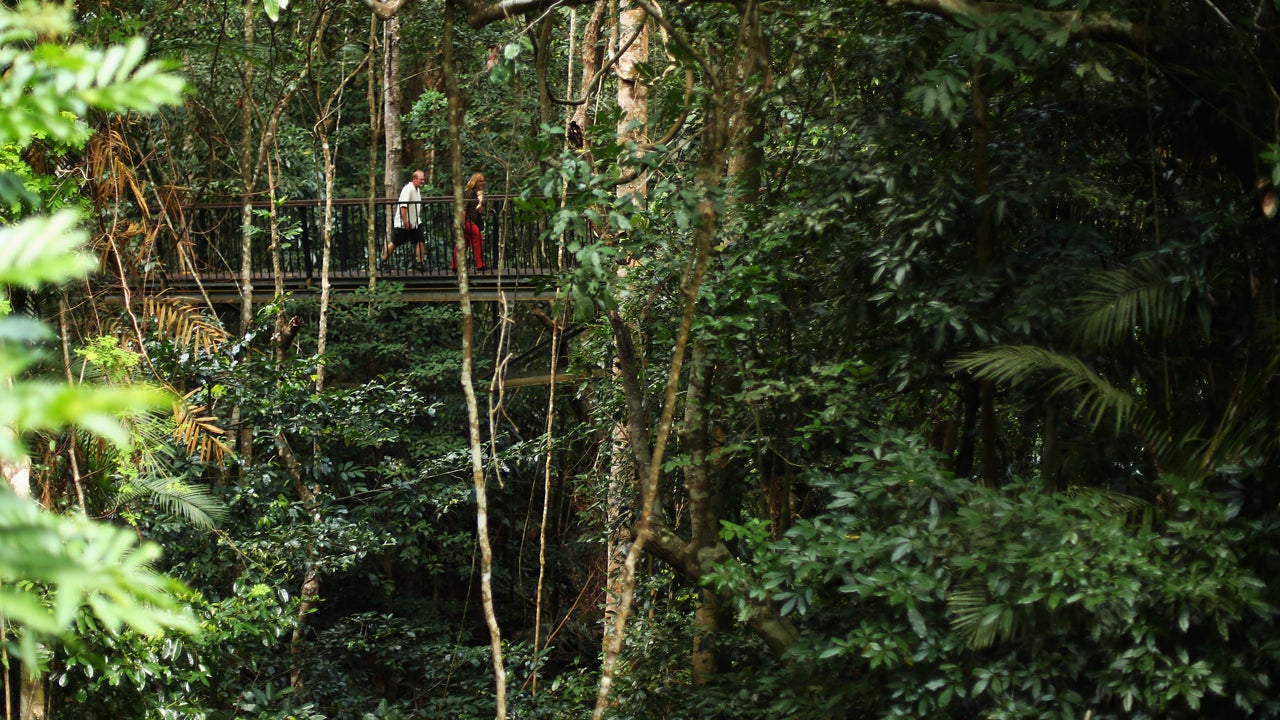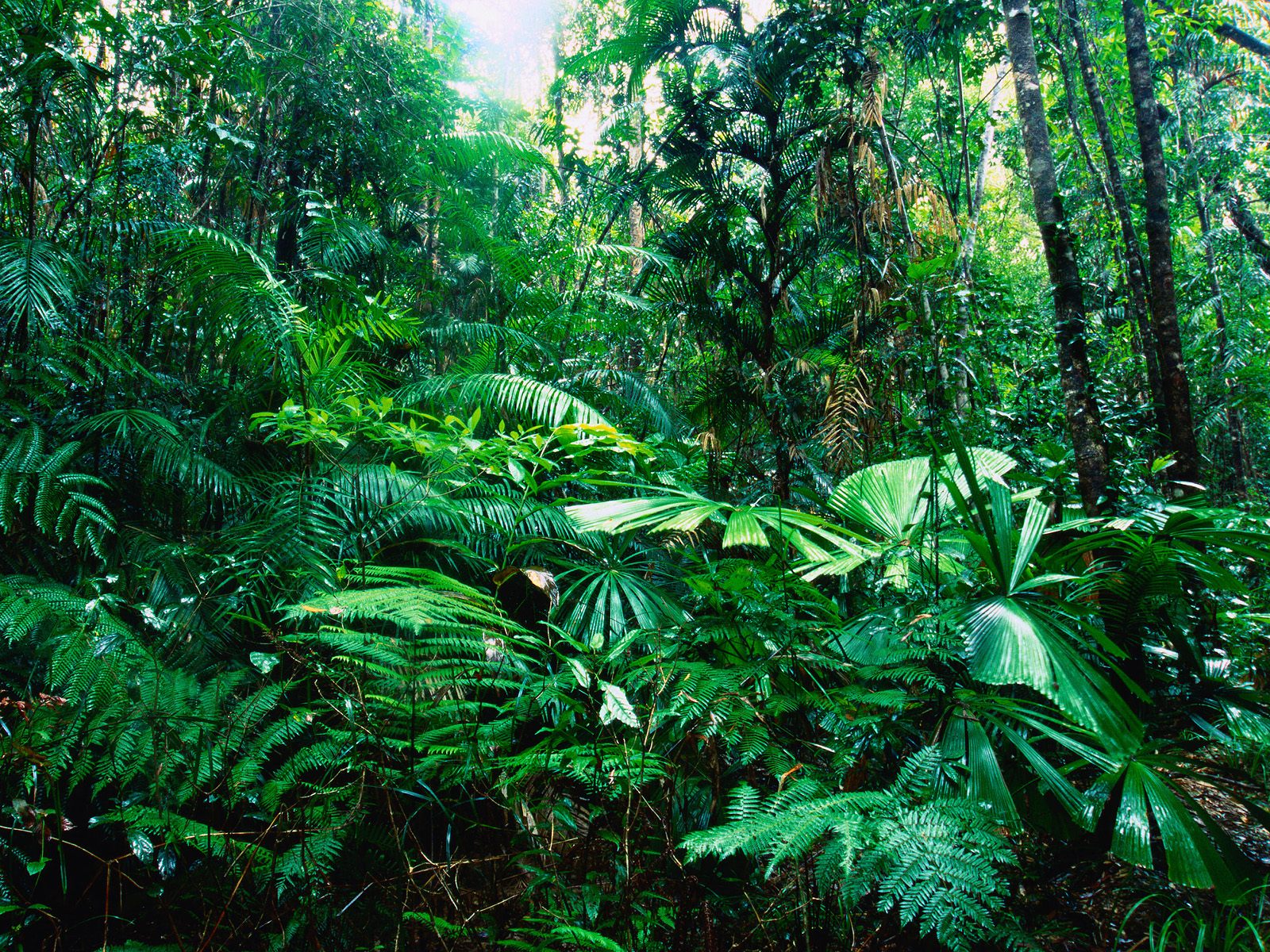A Tapestry of Life: Exploring the World’s Tropical Rainforests
Related Articles: A Tapestry of Life: Exploring the World’s Tropical Rainforests
Introduction
In this auspicious occasion, we are delighted to delve into the intriguing topic related to A Tapestry of Life: Exploring the World’s Tropical Rainforests. Let’s weave interesting information and offer fresh perspectives to the readers.
Table of Content
A Tapestry of Life: Exploring the World’s Tropical Rainforests

Tropical rainforests, verdant landscapes teeming with life, are a vital component of Earth’s ecosystems. These magnificent forests, characterized by high rainfall, consistent temperatures, and immense biodiversity, stretch across vast swathes of the globe, playing a crucial role in regulating climate, providing essential resources, and supporting a staggering array of species.
A Global Distribution: Mapping the Emerald Jewels
The world’s tropical rainforests are not uniformly distributed. They are concentrated in specific regions, forming a vibrant green tapestry across the planet.
-
The Amazon Basin: The largest contiguous rainforest on Earth, the Amazon rainforest covers a staggering 5.5 million square kilometers, spanning nine countries in South America. This vast expanse is home to an estimated 10% of the world’s known species, making it a biodiversity hotspot of unparalleled significance.
-
The Congo Basin: Located in Central Africa, the Congo rainforest is the second-largest rainforest on Earth, covering an area of approximately 1.7 million square kilometers. It is renowned for its dense canopy, diverse flora and fauna, and the vital role it plays in regulating regional climate.
-
Southeast Asia: This region encompasses a mosaic of rainforests, including the islands of Borneo, Sumatra, and New Guinea. The forests of Southeast Asia are characterized by their unique species richness, including iconic animals like orangutans, tigers, and elephants.
-
Central America: Stretching from Mexico to Panama, the rainforests of Central America are known for their diverse ecosystems, ranging from cloud forests to lowland rainforests. This region is home to a wealth of endemic species, including jaguars, macaws, and numerous species of amphibians.
-
Madagascar: This island nation off the coast of Africa boasts unique rainforests characterized by high endemism, with a significant proportion of its flora and fauna found nowhere else on Earth.
The Importance of Tropical Rainforests: A Symphony of Benefits
Tropical rainforests are not just aesthetically pleasing; they are essential to the well-being of the planet and its inhabitants. Their significance extends far beyond their physical boundaries, impacting global climate, biodiversity, and human livelihoods.
-
Climate Regulation: Tropical rainforests act as massive carbon sinks, absorbing vast amounts of carbon dioxide from the atmosphere, mitigating the effects of climate change. They also influence global weather patterns, contributing to rainfall and temperature regulation across the globe.
-
Biodiversity Hotspot: Tropical rainforests are the most biodiverse ecosystems on Earth, harboring an estimated 50% of all plant and animal species. These forests provide vital habitats for countless species, from tiny insects to majestic jaguars, supporting a delicate web of life.
-
Essential Resources: Tropical rainforests provide numerous essential resources for human populations, including timber, medicinal plants, and food sources. They also play a crucial role in water regulation, acting as natural reservoirs that sustain downstream communities.
-
Cultural Significance: Tropical rainforests have immense cultural significance for indigenous communities who have lived in harmony with these ecosystems for generations. They provide traditional knowledge, spiritual connections, and vital resources for these communities.
Threats to Tropical Rainforests: A Looming Crisis
Despite their immense importance, tropical rainforests are facing unprecedented threats, driven by human activities.
-
Deforestation: The clearing of forests for agriculture, logging, and mining is a major threat, leading to habitat loss, biodiversity decline, and climate change.
-
Climate Change: Rising temperatures and altered rainfall patterns are impacting rainforest ecosystems, leading to increased drought, fire risk, and species displacement.
-
Pollution: Industrial pollution, agricultural runoff, and waste disposal are contaminating rainforest ecosystems, threatening the health of plants, animals, and human communities.
Conservation Efforts: A Race Against Time
Protecting tropical rainforests requires a multifaceted approach involving governments, communities, and international organizations.
-
Sustainable Forest Management: Implementing sustainable forestry practices, such as selective logging and reforestation, can help mitigate the negative impacts of deforestation.
-
Protected Areas: Establishing protected areas, such as national parks and reserves, provides safe havens for biodiversity and helps preserve rainforest ecosystems.
-
Community Involvement: Empowering local communities to participate in forest management and conservation efforts is crucial for long-term sustainability.
-
Global Collaboration: International cooperation is essential for addressing the global threats to tropical rainforests, including climate change and illegal deforestation.
FAQs
Q: Why are tropical rainforests called "the lungs of the planet"?
A: This analogy highlights the crucial role rainforests play in absorbing carbon dioxide from the atmosphere and releasing oxygen, contributing to the planet’s air quality. However, it is important to note that rainforests do not produce the majority of the world’s oxygen.
Q: What is the role of indigenous communities in rainforest conservation?
A: Indigenous communities have deep knowledge and traditions related to rainforest ecosystems. Their participation in conservation efforts is vital for sustainable management and protecting cultural heritage.
Q: How does deforestation contribute to climate change?
A: When forests are cleared, the stored carbon is released into the atmosphere, exacerbating global warming. Deforestation also reduces the Earth’s capacity to absorb carbon dioxide, further accelerating climate change.
Q: Are all tropical rainforests threatened by deforestation?
A: While deforestation is a major threat to many rainforests, some areas are relatively intact. However, even in protected areas, illegal logging and other threats can still impact these ecosystems.
Tips
-
Support sustainable products: Choose products made from sustainably harvested timber and other rainforest resources.
-
Reduce your carbon footprint: By reducing your energy consumption and supporting renewable energy sources, you can help mitigate climate change, which is a major threat to rainforests.
-
Educate yourself and others: Learn about the importance of tropical rainforests and share this knowledge with others.
-
Support conservation organizations: Donate to or volunteer with organizations working to protect tropical rainforests.
-
Travel responsibly: When visiting rainforest areas, choose eco-friendly accommodations and tour operators that prioritize conservation.
Conclusion
Tropical rainforests are vital ecosystems, playing a critical role in regulating climate, supporting biodiversity, and providing essential resources for human communities. Protecting these magnificent forests requires a concerted effort from governments, communities, and individuals worldwide. By understanding the importance of rainforests, recognizing the threats they face, and implementing sustainable practices, we can help preserve these vital ecosystems for generations to come.








Closure
Thus, we hope this article has provided valuable insights into A Tapestry of Life: Exploring the World’s Tropical Rainforests. We thank you for taking the time to read this article. See you in our next article!